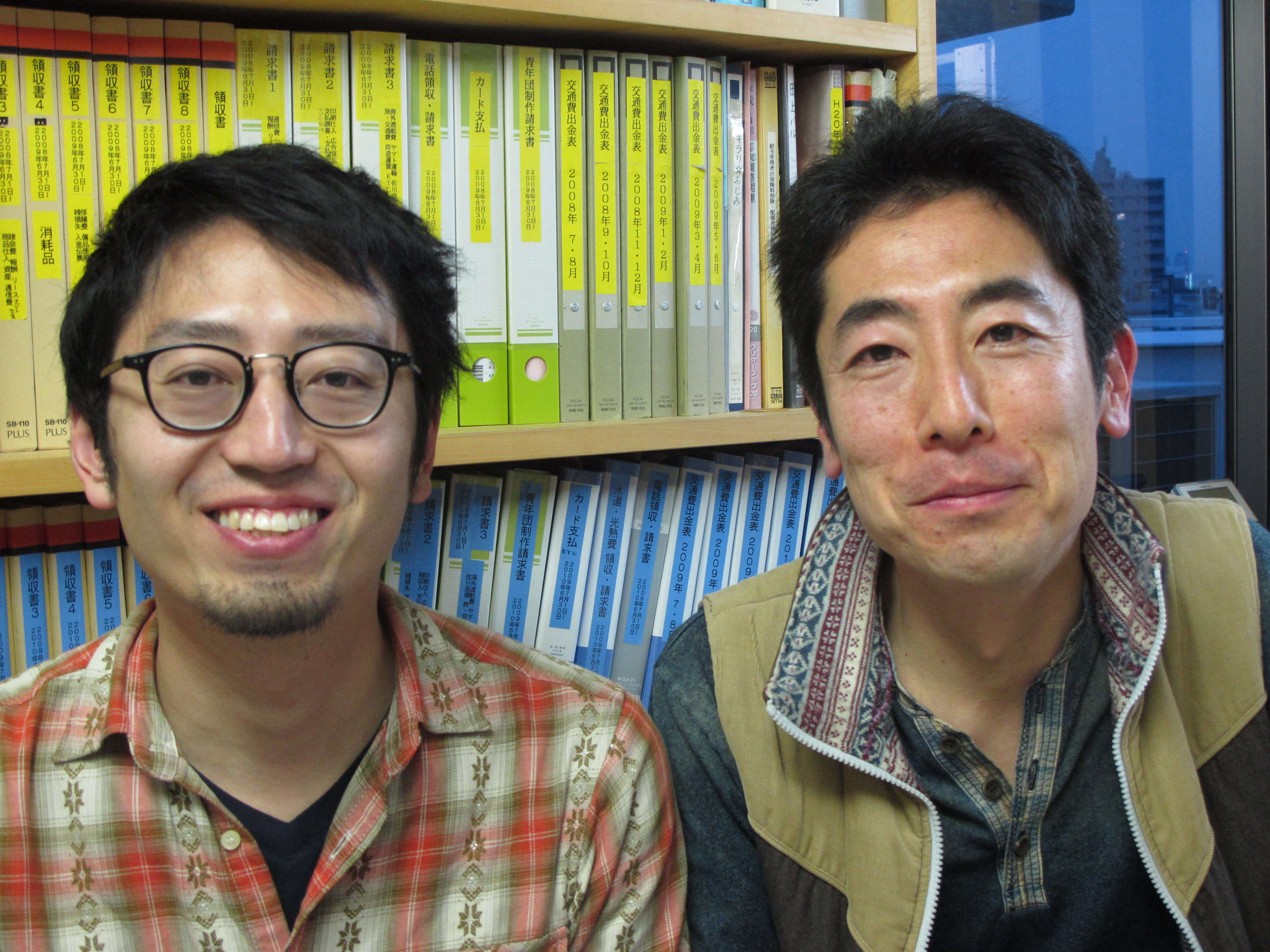"Diversity is the outstanding attraction of high school drama, so I'm always appreciating afresh theater's myriad charms," the prominent director Keisuke Tanaka said with a beaming smile during a recent interview ahead of the fifth annual High School Drama Summit at Tokyo's leading Agora Theater.
The event, which Tanaka is overseeing for the third time this year, showcases some of the nation's best fledgling dramatists as three carefully selected high school drama troupes take up a three-day residence to each consecutively stage a short play each day.
Sitting beside 30-something Tanaka, and around 10 years his senior, the actor and director Naruhiko Hayashi — the Summit's founder and producer — added, "For me, discovering high school drama was like finding a new world. The first time I saw it I was entirely amazed by the scope of content and the students' youthful enthusiasm."

















With your current subscription plan you can comment on stories. However, before writing your first comment, please create a display name in the Profile section of your subscriber account page.